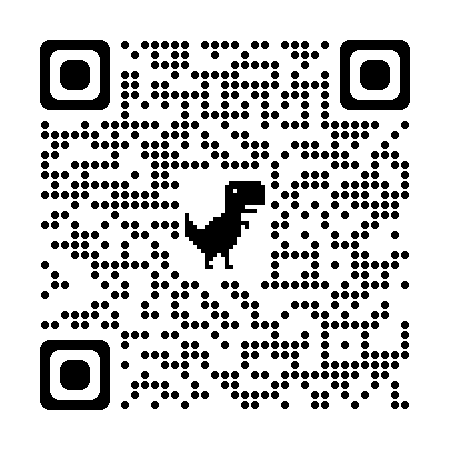Canada begins clinical trial of experimental COVID-19 using anti body plasma
- Details
- Written by Super User
- Hits: 52743
Canada begins clinical trial of experimental COVID-19 treatment using plasma from recovered individuals.
A team of blood transfusion experts from across Canada is planning the world’s largest clinical trial of a potential treatment for COVID-19.
The study, which will involve 1,000 patients from across the country, will include at least 40 Canadian hospitals, and is being overseen by doctors from the University of Montreal, University of Ottawa, University of Toronto, McMaster and the University of British Columbia, among other schools.
The experimental treatment involves injecting antibody-rich plasma from patients who have recovered from the virus into those who are still infected. This approach has only been tried in small trials in China, Singapore, South Korea and the U.S.
It is part of a global race to find a treatment for the disease, with researchers also focusing on antivirals and medications used to treat malaria.
Donation centres across Canada will extract plasma, a straw-yellow liquid component of blood, from recovered patients and test that it has a certain minimum number of antibodies to be considered useful as an immunotherapy.
Known as convalescent plasma, the material will then be frozen, sent to participating hospitals and infused into a critical patient to see if it can help treat their illness.
In the early stages of infection, the body doesn’t produce the antibodies needed to fight off the novel coronavirus, according to Dr. Donald Arnold, a hematologist at McMaster University who is leading the trial.
“The theory is that people who have recovered from COVID infection may have antibodies to fight the virus,” Dr. Arnold said.
Canada’s two blood suppliers, Canadian Blood Services and Héma-Québec, will be managing donations from those who have fully recovered from COVID-19.
Late last month, a small Chinese study of five ventilated patients suggested the technique could be used to temper the severity of coronavirus. Three of the five patients were able to be weaned off ventilators days after receiving plasma.
During the SARS outbreak, 80 patients were treated with convalescent plasma. A review of that study showed that the earlier the transfusion, the better the outcome of the patient. None of the patients in that trial experienced adverse reactions to the treatment.
In late March, U.S. regulators allowed doctors to begin collecting recovered patients’ plasma for emergency use. Dr. Arnold, the lead of the Canadian trial, admits that the treatment is a “Hail Mary.”
While transfusion therapies aren’t typically risky for the patient, there is a chance this trial won’t have a significant impact in treating COVID-19, instead draining resources and time.
Dr. Michael Joyner of the Mayo Clinic, which will run the American national supply chain of plasma, said on Wednesday that their findings will be shared with other countries in virtual real time.
The plan for the Canadian trial came together in just days. A group of a dozen hematologists and scientists joined a Zoom call on March 29 and worked out a plan – a process that usually takes between six months and a year for a typical trial, according to Dr. Arnold.
The researchers soon learned that a parallel trial was being developed in Quebec. The following day, they merged into one large unit, with different participating institutions tackling potential subdivisions of research. Dr. Arnold said that by April 1, nearly every hospital in the country treating COVID-19 patients had signed on to participate.
Dr. Dana Devine, Canadian Blood Services’ head scientist, said that while China is now collecting donations from multiple sites, there hasn’t yet been a large patient study with a control group – meaning that certain patients don’t receive plasma – which is the gold standard for clinical trials and would be key in determining the widespread efficacy of this treatment.
She said that the group is now finalizing funding and infrastructure while Canada’s two blood banks work with provincial health ministries to contact all recovered positive COVID-19 cases about donating.
Donating plasma is no different than conventional blood donation, according to Dr. Devine, and takes about 45 minutes. She said each donor’s plasma will be studied for its virus-fighting viability.



